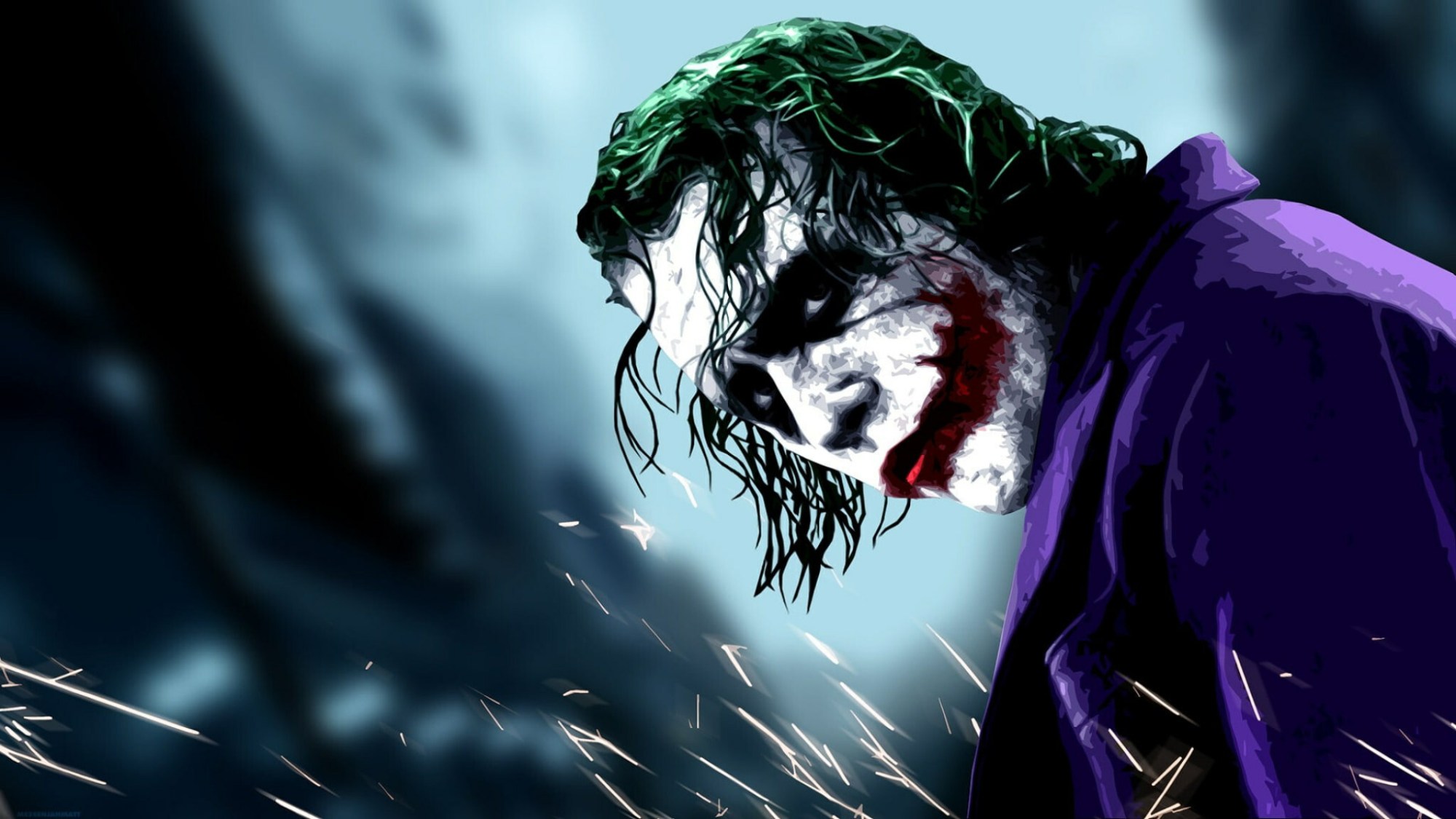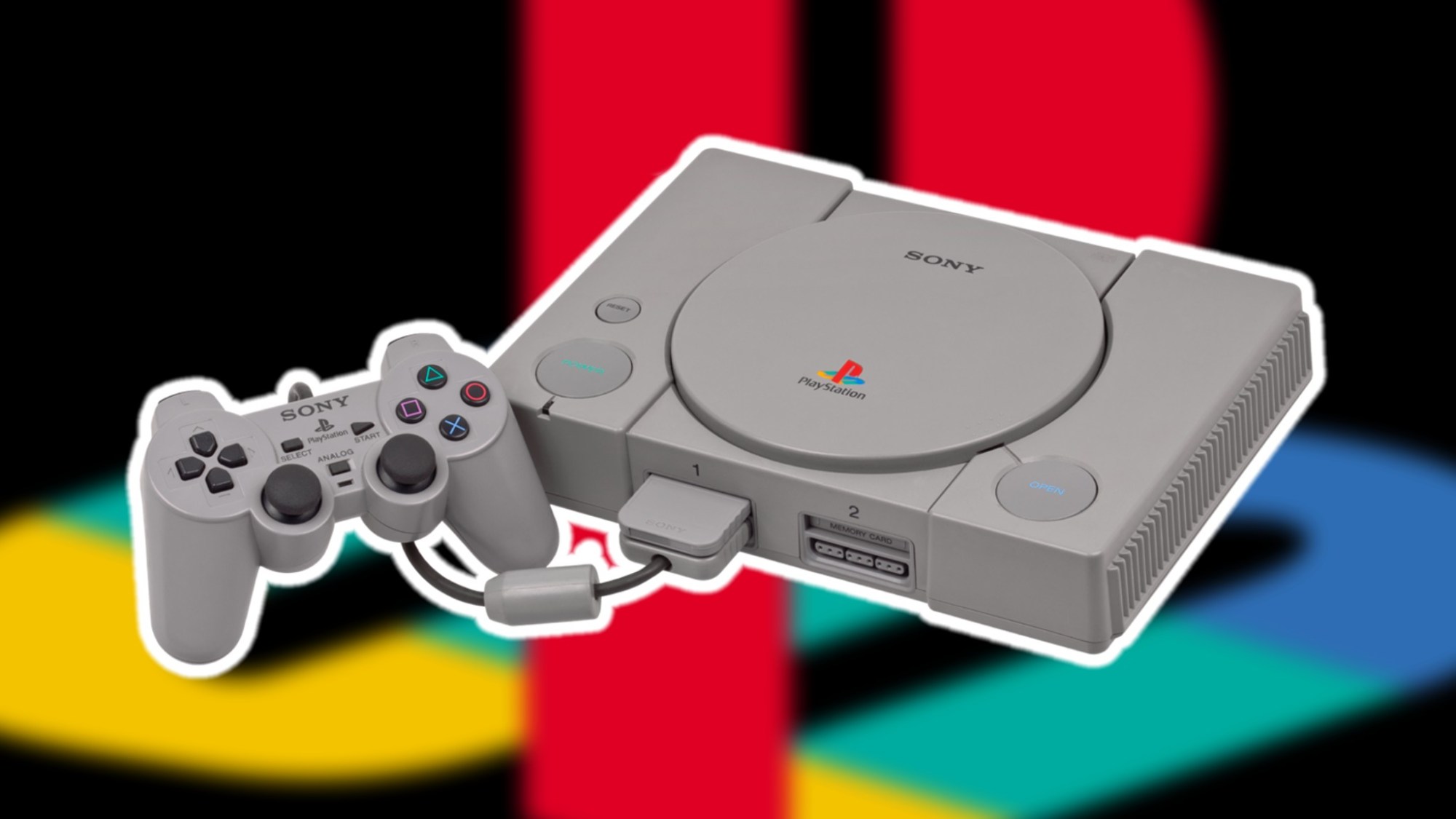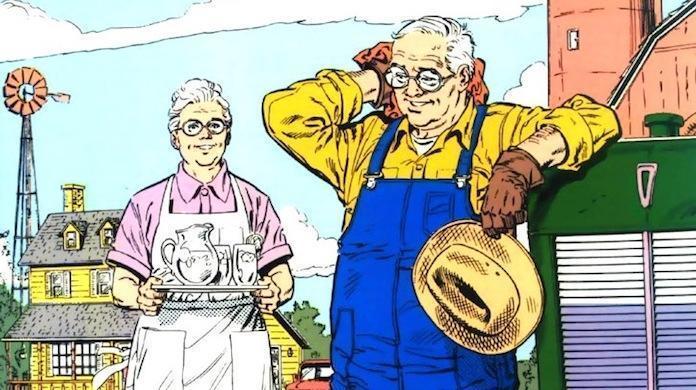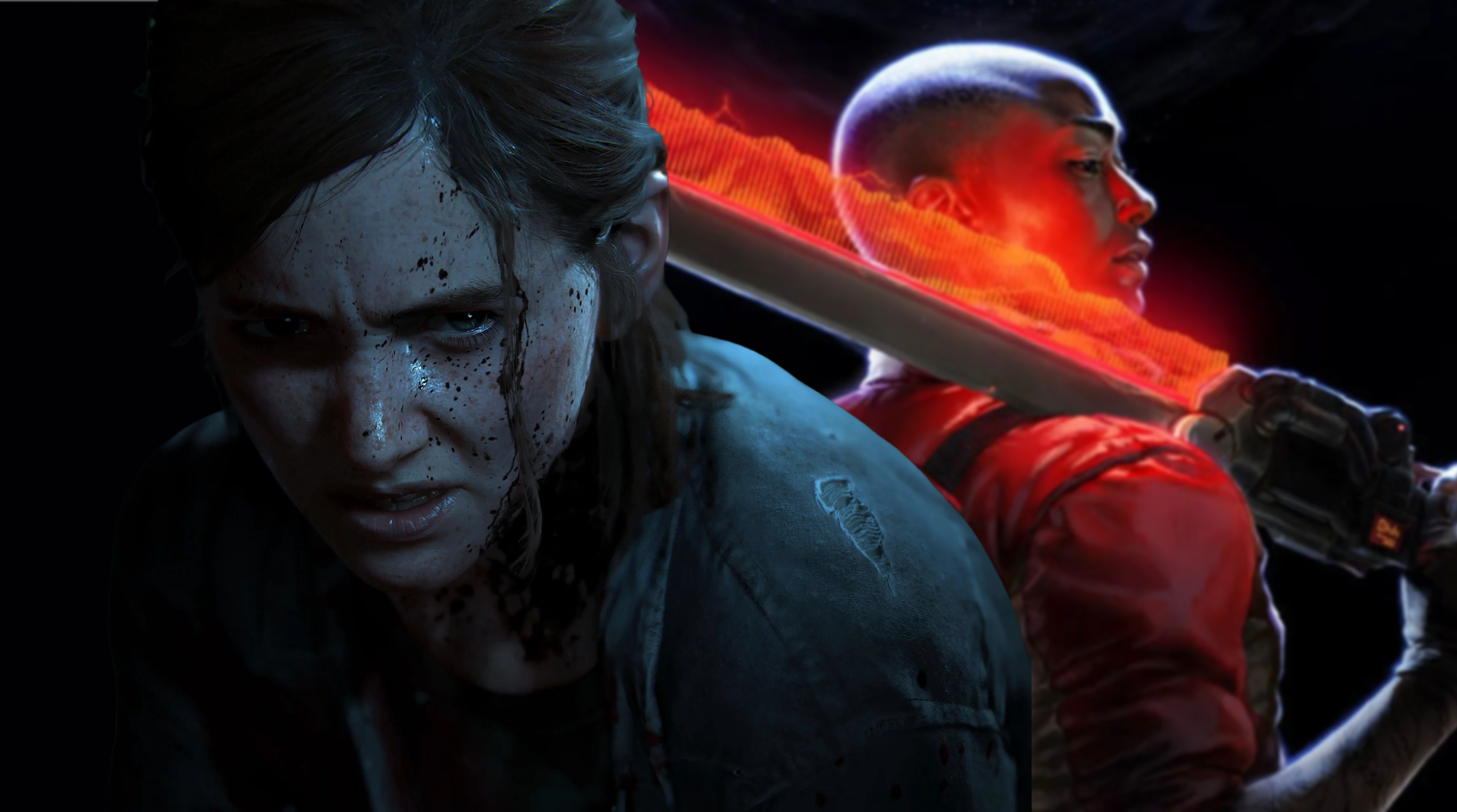If unadjusted for inflation, 55 films have crossed the $1 billion threshold at the worldwide box office. Many more have come close. Of those 55, there are some true duds, e.g. Tim Burton’s Alice in Wonderland, Jurassic World Dominion, and Pirates of the Caribbean: On Stranger Tides. But, sometimes, a movie manages to be both critically appreciated and a major moneymaker for the studio.
Videos by ComicBook.com
What follows are the best of the best when it comes to billion-dollar grossers, unadjusted for inflation, of course. That would make the number of potential candidates warrant a much larger list. However, if a film has been re-released, such as Jurassic Park, those re-release grosses counted towards the total. Furthermore, they’re listed alphabetically, as opposed to a ranking based on the films’ quality or gross (though the grosses have been included and, of course, their quality explained).
Avengers: Endgame (2019) — $2,799,439,100

All four Avengers movies have cleared $1 billion at the worldwide box office, and it is essentially dealers’ choice which of them is the best. That said, the chances of Avengers: Age of Ultron being the pick is…slim.
But, as far as what feels like a cinematic achievement, it’s certainly 2019’s Avengers: Endgame, and not just because it made an absurd amount of money both stateside and abroad. It’s a film that manages to pack in almost every thread from multiple franchises, yet never feels overstuffed. It’s the Russos’ crowning achievement.
Black Panther (2018) — $1,349,926,083

Black Panther is the second and final MCU movie to be featured on this list. It isn’t just one of the best movies of its larger cinematic universe, it’s the most important, hands down.
There were superhero movies with a black lead prior to Ryan Coogler’s film, but none of them (Hancock, Blade, Spawn, Catwoman) really gave an underserved audience a character they could truly identify with. Toss in the fact it’s a generally effective and poignant work, and it’s no surprise Black Panther opened strong and then benefitted from phenomenal repeat business across the globe.
The Dark Knight (2008) — $1,009,053,678

If ever there was a massive leap in audience interest from the first film to the second, it’s with Christopher Nolan’s The Dark Knight trilogy. To put it into context, 2005’s Batman Begins generated about $207 million domestically and a further $168.5 million overseas. Three years later, The Dark Knight made almost $535 million from domestic screens alone.
Why the major bump? For one, Batman Begins was a well-made and generally well-received movie. Two, word of mouth surrounding Heath Ledger’s performance as the Joker flipped all skepticism regarding his casting on its head. Naturally, he’s not the only aspect that makes it the greatest superhero film of all time, but his work is at the very top of the list. Finally, the morbid curiosity generated by Ledger’s death made The Dark Knight even more of a must-see event than it already was.
Harry Potter and the Sorcerer’s Stone (2001) — $1,026,414,475

Surprisingly enough, only two installments of the seven-film Harry Potter franchise crossed $1 billion: the first, and the last. In the case of Harry Potter and the Sorcerer’s Stone, it was an especially considerable accomplishment.
Riding high on the enthusiasm surrounding J. K. Rowling’s source material (the fourth novel had been released the prior year), Sorcerer’s Stone was a flat-out cultural event. It also happens to be a visually stunning and perfectly cast franchise starter that remains a charmer to this day.
[RELATED: Every Harry Potter Movie Ranked]
Jurassic Park (1993) — $1,104,379,926

The ultimate adventure film, Steven Spielberg’s Jurassic Park is as thrilling 30 years later as it was back in the ’90s. The top-grossing movie of its respective year, it made the most of its status as a film that must be seen on the big screen. It’s no wonder the film has been re-released multiple times.
None of the five subsequent installments have come close to capturing the original’s sense of awe and wonder. Even though the special effects look a bit dated in spots, it’s still a movie that grabs your attention and never lets it go.
The Lord of the Rings: The Return of the King (2003) — $1,138,267,537

As engrossing and moving as a fantasy film (or a film of any genre) can get, Peter Jackson’s magnum opus The Lord of the Rings: The Return of the King retained the good will and financial viability gained by The Fellowship of the Ring and The Two Towers. In terms of critical appreciation, it was also the only installment of the trilogy to nab the Oscar for Best Picture.
Even with a massive runtime, the film sold more tickets than the (also long) previous films. Some may prefer Fellowship, but there’s undoubtedly an argument to be made that the one LOTR film to cross $1 billion was the best of the trilogy.
Skyfall (2012) — $1,108,594,137

For the most part, there’s a cap to audience interest in the Bond franchise. But, when one is talked about as a revelation for the IP, they can put other 007 installments’ grosses to shame. This was the case for Skyfall.
Visually stunning, sublimely acted, and equipped with a terrific villain, Skyfall was a cut above for Bond. Even still, it’s fairly surprising the movie did as well as it did, as the comparably terrific Casino Royale only generated $616.5 million and Daniel Craig’s sophomore adventure, Quantum of Solace, received a mixed response at best.
Top Gun: Maverick (2022) — $1,495,696,292

In the modern age of legacy sequels, there are winners and losers. For instance, Twisters was a critical and commercial winner; Zoolander 2 was a critical and commercial loser. Then there was Top Gun: Maverick which, outside of Star Wars: The Force Awakens, stands as the most successful legacy follow-up to date.
For one, Maverick is better than The Force Awakens, which often feels a bit too comfortable to tread familiar ground (though it’s certainly more well-liked on the macro scale than its two sequels); conversely, Maverick feels like the perfect hybridization of nostalgia and moving forward. And, very much against the norm for legacy sequels, it sold more tickets than the original film – in the post-pandemic marketplace, to boot.
Toy Story 3 (2010) — $1,067,315,101

The original Toy Story was so good it seemed a tall order to beat it in the quality department. But then Toy Story 3 came along, a movie that was able to bring adults in the audience to tears just as well if not better than the kids sitting next to them.
It made for a genuinely perfect trilogy-capper, to the point it’s almost a shame the franchise continued with Toy Story 4 and Lightyear (we’ll see about Toy Story 5 in 2026). Then again, Toy Story 4 also received a positive critical and commercial reception, even if it wasn’t at quite the level of the third film.
Zootopia (2016) — $1,025,521,689

No one expected Zootopia to cross a billion. It was a Disney movie with talking animals, so naturally, expectations weren’t at the bottom of the barrel, but the film’s performance undoubtedly surprised many people.
Though, with a 98% on Rotten Tomatoes, it became obvious early on that the film was something special. An analysis of prejudice and stereotyping, it’s a film that has as much of an impact on adults as its beautiful animation does on children. It will be interesting to see if the 2025 sequel can measure up to what is one of the very best animated films of the 2010s.
All of these films are available to stream on Disney+, Paramount+, Peacock, Prime Video, and Max.







